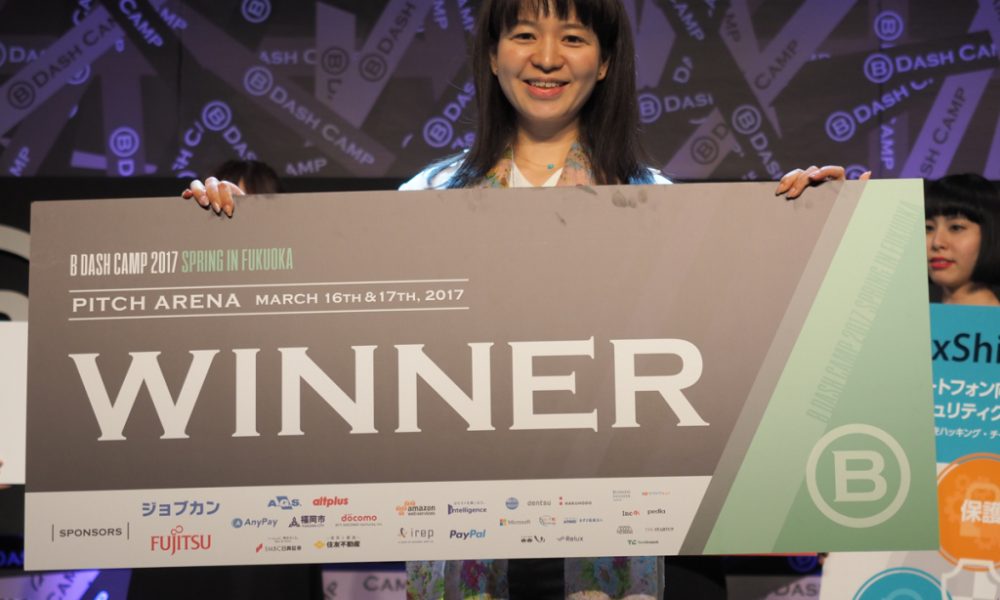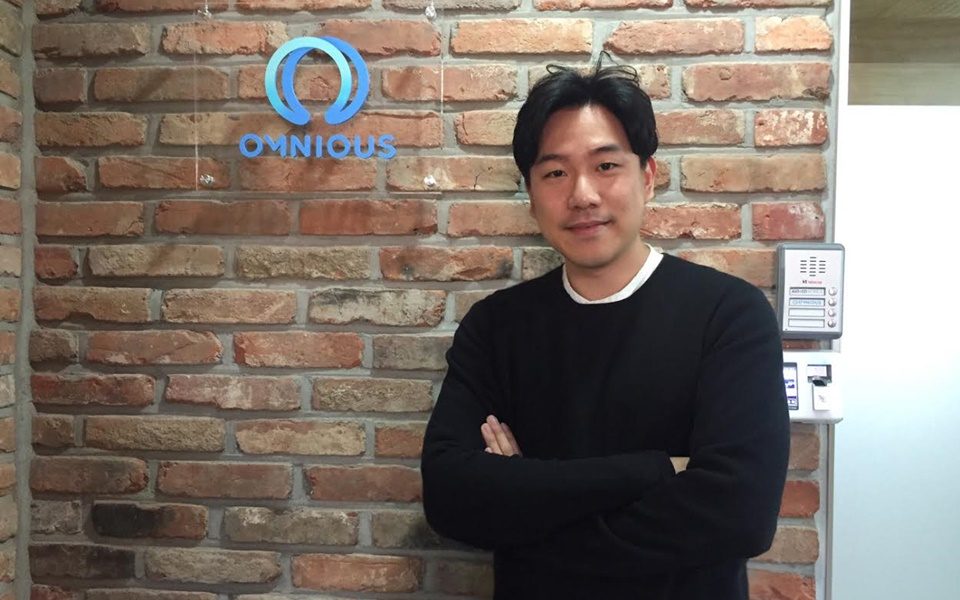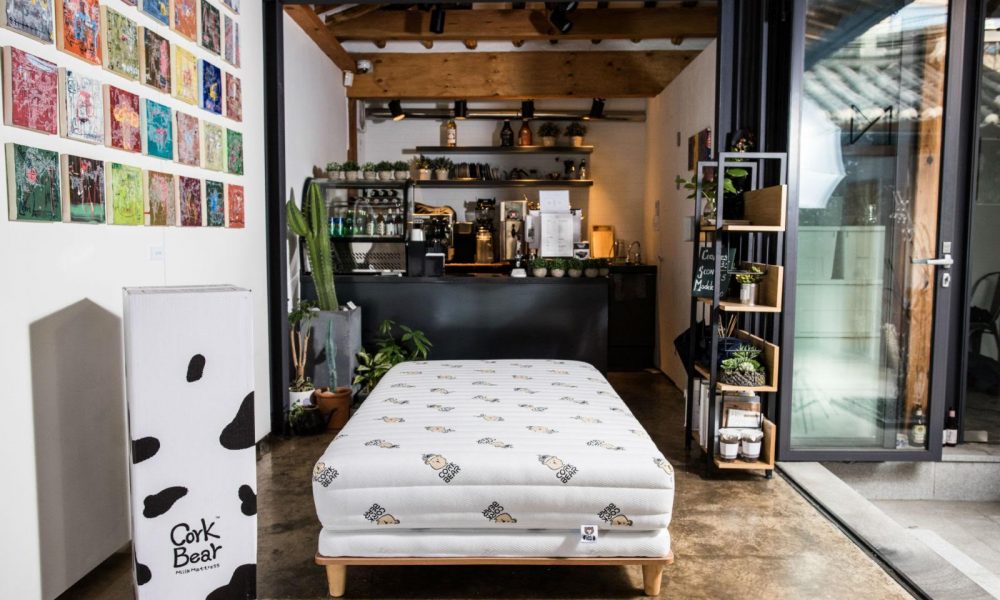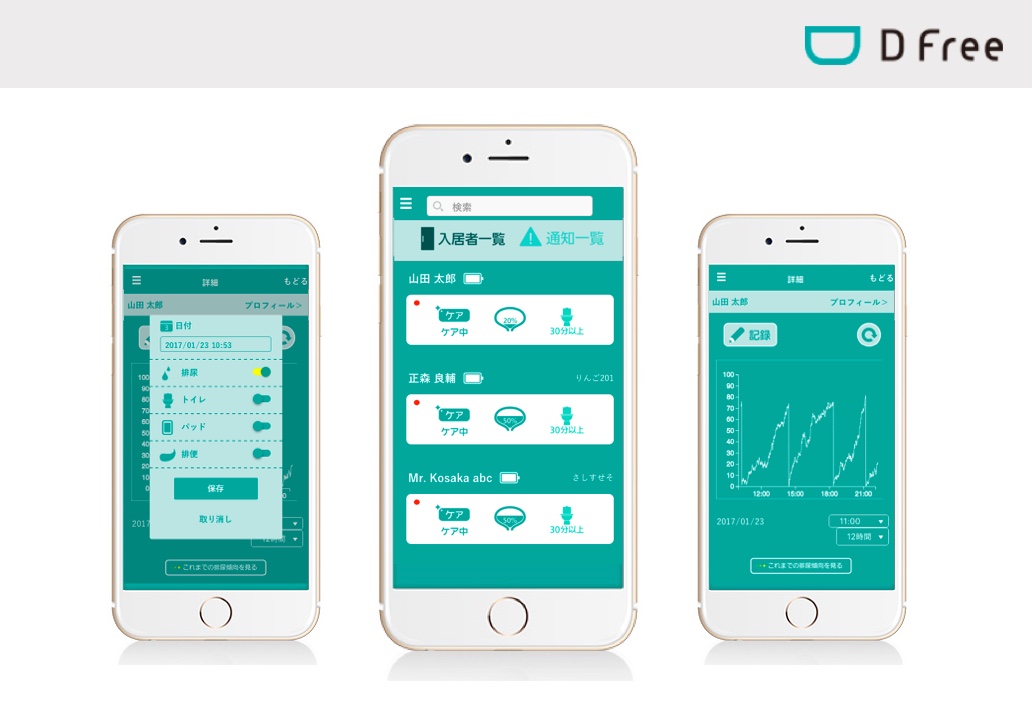Month: March 2017
Gangwon Creative Economy Innovation Center opens auditions for youth entrepreneurs in Wonju
Following a success in Chuncheon, the Gangwon Youth Startup Audition is moving on to Wonju to discover more excellent business ideas. The event will be held at the GIC Wonju office.
The programme however was first hosted three years ago under a different title – Global Venture Competition. It was initially designed to boost the startup ecosystem of Gangwon Province but later scaled down to focus on local, young entrepreneurs.
The programme will be divided into two sections: the Startup Competition and the Startup/Entrepreneur Club Support Project.
For the Startup Competition, participants are required to pitch their business ideas in front of a panel of judges. The best will be selected and granted financial support and other benefits that will help convert their ideas into successful businesses.
As for the Startup Club Support Project, the event will be held twice a year and 15 teams will be selected to compete in the programme. From the selected teams, five finalists will be chosen to receive financial prizes to aid in their business ideas.
GIC’s Wonju office will host the programmes starting April and conclude it by hosting demo days in December for selected finalists. The center plans to invite renowned entrepreneurs to the demo day to lecture and socialize with the finalists.
The programme is open to anyone under 39 years of age who is currently residing in the Gangwon Province. Young entrepreneurs who are interested in participating can apply through the homepage.
By Vivian Foo, Unicorn Media
WAmazing’s vision for a SIM Robo at all international airports wins grand prize at B Dash Camp
WAmazing, a Tokyo-based startup that offers free SIM cards and tourism services to help foreign visitors get around in Japan, has won the top prize at B Dash Camp 2017 Spring in Fukuoka which was held earlier last Friday.
Launched by Japanese VC B Dash Ventures, the B Dash Camp is an invitation-only tech summit for startups to springboard their businesses globally with sessions, lectures, and networks with both local and international internet company founders.
In 2017, the programme was held in the Fukuoka prefecture from 16th to 17th March, with the participation of 20 startups from all around the world. These startups have been selected through the preliminary document screening and gained the opportunity to take part in the Pitch Presentation. From this, six startups were later shortlisted to compete in the final pitch, including:
1. Infostellar: a platform providing antenna sharing services for artificial satellites
2. Fieldsolution: an IoT solution to reduce water resource management cost
3. Mu Yan: a content service provider using “Mangaroo” that can secondarily use licensed comic books
4. Light town: a marketplace for small-lot transport
5. WAmazing: a provider of free SIM for foreign visitors to Japan
6. PocketChange: Exchange of surplus banknotes and coins on overseas trips to electronic money etc. that can be used in Japan
During the final pitch session, Fumiko Kato, the Representative Director of WAmazing’s response to the judges’ question “if funds are abundant” was said to have won over the panelists, earning them the top prize.
Her answer was, “Consumption by tourists is occurring around the arrival and departure airport, thus it is important to expand the engagement points of visiting customers as quickly as possible. It would be best for the free SIM card with digital signage receiver to be installed in all 29 international airports in Japan, in order for it to be expanded to Asia at a stretch.”
And with Tokyo 2020 around the corner, WAmazing comes in line with the government’s goal of increasing inbound tourism figures to 40 million people by 2020, having officially released its application on January 26 this year, dedicated to inbound travelers.
The startup offers service packages which include a SIM card with up to 500MB of free mobile usage, a tour guide app, and information on reservations by working with smartphones. This will allow the startup to acquire the accounts of foreigners visiting Japan and hold settlement to various services connected from there, such as taxi dispatch services and tour reservation.
The app is currently only available in Traditional Chinese, in order to appeal to tourists in Hong Kong and Taiwan. Looking at the future, the startup plans to develop the application for foreigners from Thailand, Malaysia, and others.
By Vivian Foo, Unicorn Media
Fashion AI startup Omnious reveals an investment of US$885K from Korea Investment Partners
Transforming the fashion industry by using AI, Omnious – a Korean fashion image recognition startup recently revealed that it has received a total of 1 billion won (about US$885K) in investments from Korea Investment Partners on January 9th.
This investment comes in as a Series A funding. As last year, Omnious has received a 300 million won (about US$265K) in seed investment from Mashup Angels and Big Basin Capital.
Jeong Hwa-Mok, the Head of Korea Investment Partners which led this fundraising round said, “Omnious has the highest level of technical expertise in the Deep-learning based image recognition field and a good teamwork. We expect the company to further develop its value chain in the industry after this investment.”
But apart from machine learning which is gradually expanding into more industries, Omnious is also leveraging on two other trends which include the rise of mobile commerce and the influence of social media on fashion and culture.
Riding on these waves, the startup has developed a fashion tech app that lets users shop an outfit by simply uploading an image from a social media post, newsfeed or photos they have taken on their phone.
Their proprietary algorithm then uses visual search and image recognition technology to analyse various fashion attributes ranging from images to items, colors, forms, shapes, details, prints, and materials etc., to search for similarities between different product images and return the precise match or similar options based on the user’s catalog.
At present, Omnious’s database has accumulated more than 2.8 million fashion images. In which it plans to use 800,000 fashion images as training datasets to develop an image recognition solution that automatically tags and classifies fashion images. Ultimately, it aims to create an image search engine that enables users to find similar product information quickly and accurately.
“As consumers needs are increasingly personalized, we will provide better customer experience and customized solutions through establishing strong connections with fashion and commerce companies that are interested in using the AI technology,” said Omnious CEO Jeon Jae-Young.
Omnious also aims to become a global image recognition AI solution company, to bring the benefits of image recognition, or computer vision not only into the world of fashion, but various industries. Additionally, the company said that it plans to flip the commercialization switch for their service later this year.
By Vivian Foo, Unicorn Media
Bed-in-a-box startup Ronas secures seed investment from Mashup Angels, Big Basin Capital
Korea’s mattress manufacturer Ronas made an announcement on Tuesday that it has secured an undisclosed seed investment round from Big Basin Capital and Mashup Angels, according to local media reports.
The startup is known for its operations in Cork Bear. In which it is one of the new rafts of mattress makers that are benefitting from the compression technology which allows them to ship mattresses in a box.
The fact is, this bed-in-a-box proposition has been trending since 2015 led by a ballooning number of vendors including U.S-based Casper and other dot-com startups which introduced beds that are ship compressed, folded and rolled – changing the entire mattress-buying business model which was previously tedious and outdated.
In South Korea, Ronas has followed suit – introducing the box-bed presence to the local market through its Cork Bear delivery service which is designed to serve consumers a new option for a straight-to-go product. Where they can purchase mattresses that can be delivered – or taken home – in the size of a golf bag.
This compression packaging system has also allowed the company to conform to standards set by parcel carriers, and thus deliver their mattresses to the customer at little cost, as well as reaching locations that were once considered unreachable such as Jeju Island or other rural areas.
All Cork Bear manufacturing plants are located in Korea and consist of on-site mattress experts supervising the process. Additionally, the mattresses are packaged in an antibacterial fashion, which guarantees sanitary products. Even with such quality assurance, the prices are kept at 1/3 of the conventional mattress retailers as the mattresses are sold directly from the factories.
The CEO of Ronas commented, “This seed round will help reconstruct the manufacturing and operational system and allow Ronas to produce customized mattresses for each individual. We look forward to providing consumers with a good sleep by expanding the business into bed frames and other bed-related products.”
Also speaking on the investment, an investor from MashUp Angel said, “The Korean mattress market grew by an average of 9% annually, from US$500 million in 2005 to US$1.2 billion in 2015. Cork Bear will be the leader in the industry through its unprecedented strategy which makes high-quality mattresses affordable to everyone.”
By Vivian Foo, Unicorn Media
Japan’s Triple W gets US$610K grant from NEDO to fund clinical research of DFree healthcare wearable
Triple W, a Tokyo-based startup developing a wearable device designed for those who worries about unpredictable bowel movements, announced last Tuesday that it was handpicked by NEDO to participate in their Corporate Alliance Programme.
This is the second time NEDO has provided such support to Triple W as previously in February 2016, the startup has acquired a subsidy from NEDO’s other R&D venture support project, the STS grant project.
The startup will be receiving a similar amount of up to 70 million yen (about US$610K) this time around in which they plan to use for joint research with major companies to miniaturize and optimize the performance of their technology known as DFree.
Worn on the stomach, the DFree device predicts the timing of bowel movements by using an ultrasonic sensor to scan activity in the bowels. Data is sent via Bluetooth to the mobile phone app, which then notifies the users before they even get an urge to use the bathroom.
The clinical research of the app will involve five major companies including Accenture, Itochu Chemical Frontier, Itochu Techno Solutions, Paramount Head, and Revamp. The contents of collaborative research with each of the companies are as follows:
1. Accenture: To collaboratively research on nursing care packages, combining various sensors and nursing care record data, joint development of algorithms and software, support for Euro-centric overseas development, etc.
2. Itochu Chemical Frontier: To develop a high precision ultrasonic sensor, high accuracy paired with algorithm development, etc.
3. Itochu Techno Solution: To conduct feasibility studies, joint development of a software, etc.
4. Paramount Head: To improve accuracy through the combination of various sensors, joint solution development, etc.
5. Revamp: To conduct a feasibility study at nursing care facilities, sales support, etc.
Among these companies, Revamp is a participant of the Series A funding round by Triple W conducted last July.
Speaking on the direction of DFree, Triple W’s CEO Atsushi Nakanishi said: “We’ve first begun introducing our technology in European countries since the structure of nursing care there has already been well-established.”
DFree is currently being used in French nursing homes as well as in Kawasaki City, where it has gained the Kawasaki Innovation Standard certification with the city subsidizing expenses for its use in nursing care facilities.
“Regarding areas where nursing care is not easy, I’d like to consider making rehabilitation models and home care support tools and packages, partnering with insurance companies,” Nakanishi further adds.
But for now, the startup will continue to promote trials for a full-scale introduction in addition to closing a contract with a German company.
On March 3rd, the startup had won the Grand Prize at the “Japan Healthcare Business Contest” – a contest launched by the Ministry of Economy, Trade, and Industry to support companies and individuals making bold efforts to create new businesses in the healthcare industry.
Additionally, the startup has also piqued global interest. As in Europe, DFree was exhibited as a use case of Soracom, an IoT-focused mobile network service from Japan, which announced its advance into Europe at the Mobile World Congress held in Barcelona earlier this month.
Besides that, DFree has also been scheduled to represent Japan in the Netherlands’ startup conference competition ‘Get in the Ring’ from May 17th to 19th.
By Vivian Foo, Next Unicorn





